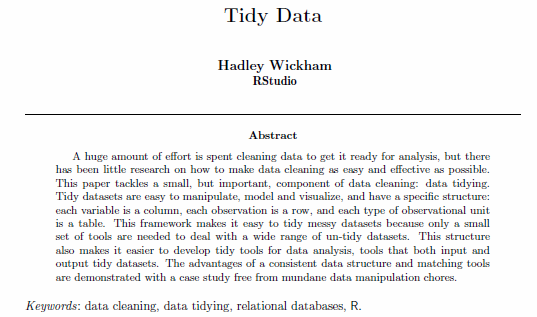Hi everyone, I’m a new member of the forum and recently qualified medical doctor with a passion for research and looking to form a career in clinical psychiatric research
I am currently working on multiple systematic review and meta-analyses for pharmacotherapy in various anxiety-related conditions.
We would like to build a comprehensive database of all RCTs conducted to date in anxiety spectrum disorders, however I am struggling to get my head around the best way to do this. Ideally one would like to extract all relevant outcome data for all treatments in all conditions and store it within a master database for future data mining as well as ongoing updating of the database as new RCTs are conducted and published.
The issue is that for each condition there may be 4 or 5 different outcome measures used, sometimes up to 15. There are about 5-10 conditions and there are in excess of 50 different drugs used, probably roughly 10 or more different drug classes. So to construct a spreadsheet containing all possible permutations of these (for example, columns for the active drug group n, mean, sd for a single outcome for a single drug in a single condition) would require a spreadsheet that has number of columns = number of conditions x drugs x outcomes x 9 (n, sd, mean for treatment and control plus overall effect size and CI upper and lower). So I would require 10s of 1000s of columns in order to keep all of the information separated in a way that may be useful for future data mining / analysis.
I was wondering if there is another software option available, such as a database manager or something along those lines that I could perhaps look into?
Alternatively if anyone has some advice or suggestions around building this database it would be much appreciated.
Another alternative is to not include outcome data within the database and rather only include study identifying data, the conditions studies, the treatments used and a risk of bias assessment, which would require many fewer fields but would ultimately not be as useful as a database that did collate outcome data.
Thank you for reading and for any input.
Kindly,
Jacob
